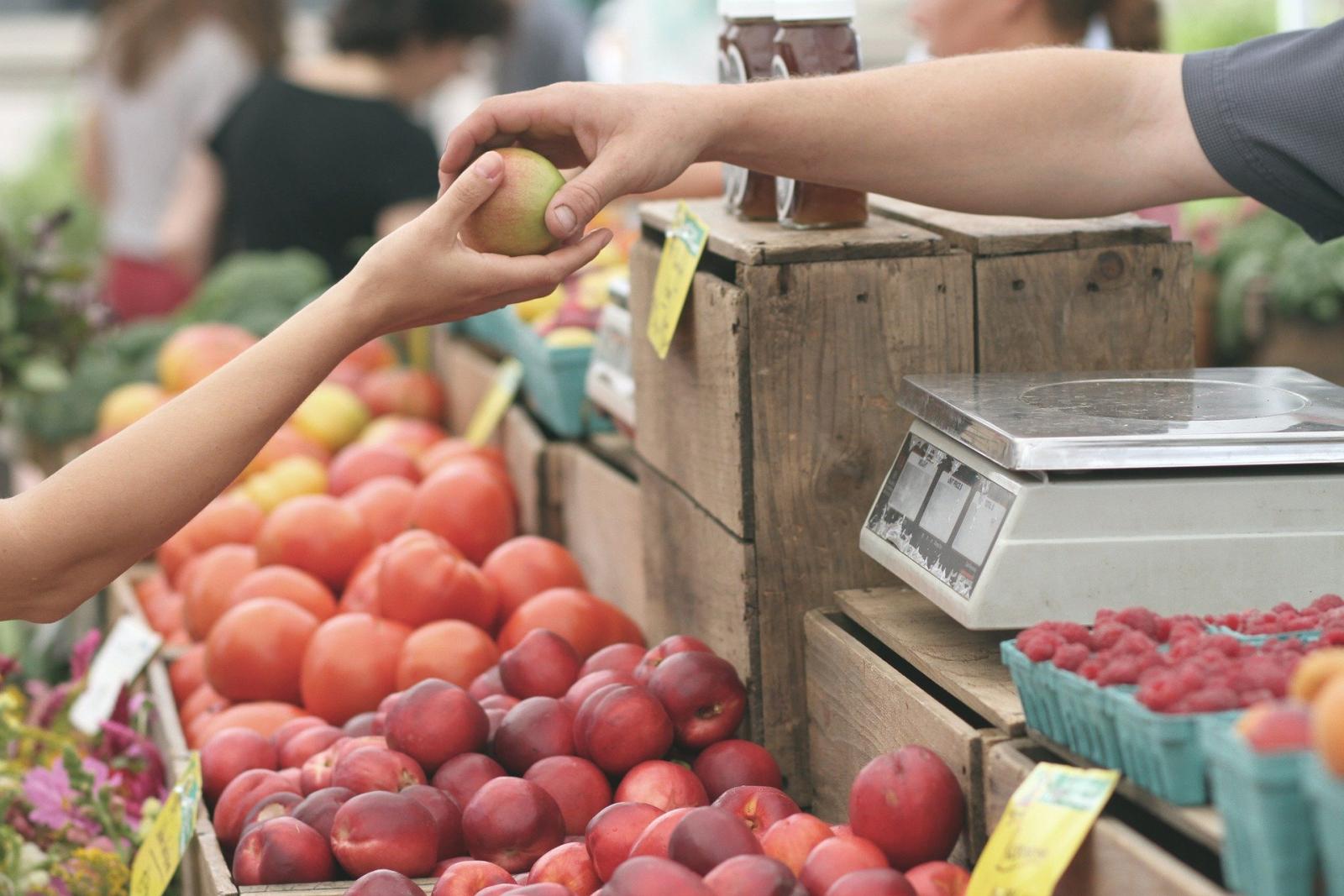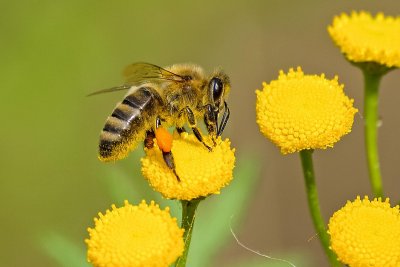News • Sustainable Farming Campaign
Getting in on the action – why should farmers enter and scale up direct sales?
Sustain takes a look at a new publication by the Landworkers’ Alliance (LWA), which brings together 19 case studies highlighting how farmers can have more control over the markets they supply.

This report called ‘Direct Sales & Short Supply Chains: Bringing the market back into farmers hands’ provides some fantastic examples of how farmers can enter or scale up direct sales of their produce. Changing the the way food is distributed is quickly becoming a hot topic, as consumer demands start to turn towards wanting access to healthy and sustainably produced local food.
The centralised supply chain we currently have is bad for health, nature, climate, jobs, and economic resilience. These issues have certainly come to light during the covid-19 lockdown. As the LWA publication states, ‘our supply chains broke down, exposing the weaknesses in the global, just-in-time system. As is often the case, farms were left with little support or security as prices and demand fluctuated.’
In the UK, nine supermarkets control 90% of food that is sold to consumers. This centralisation and consolidation has been difficult for farmers, workers and consumers:
- Farmers have been forced into being price-takers, and therefore, down a path of ever increasing intensification of food production and the environmental degradation that causes.
- Food shop workers are some of the least well paid in Britain and we have recently seen how vulnerable they can be in times of crisis.
- Consumers, especially from low income households, still struggle to access healthy food and the current system is a driver of increasing public health issues (obesity, diabetes etc.).
However, food and farming has slowly been climbing up the public agenda. LWA explain their publication that ‘direct sales and short supply chains have been on the increase for a number years as ways to create security in the face of falling farm-gate prices, unpredictable trade regimes and changes in subsidies following Brexit’.
Here are two examples of direct sales which are touched on in the LWA publication:
- Cae Tan Community Supported Agriculture is an 8 acre horticultural farm in Gower near Swansea. Here, the farm works on a box scheme model, supplying 126 local households in Gower. It employs 7 workers carries out the agricultural activities, as well as running educational and training events.
- Hockham Farm / Indie Farm is a 45 acre plus 300 rented acre site in East Sussex. Here, a three person work force looks after sheep and cows that supply their meat box model. These are sold directly to customers (50%) and through activity-based planning (ABP) (50%).
James Woodward, Sustainable Farming Officer at Sustain: The Alliance for Better Food and Farming says:
“It is great to see the Landworkers’ Alliance bring together these fantastic case studies. At Sustain, we definitely see the value of direct sales and short supply chains. We want farmers, small and medium enterprises, and local communities to have greater control and say over their food. We have to get past the policy of cheapness and towards one that is driven by agroecological, healthy and affordable food for all.”
James at Sustain recently wrote a blog outlining 5 easy ways consumers can better support farmers during these uncertain times which you can find here.
Published Thursday 29 October 2020
Sustainable Farming Campaign: Sustain encourages integration of sustainable food and farming into local, regional and national government policies.





